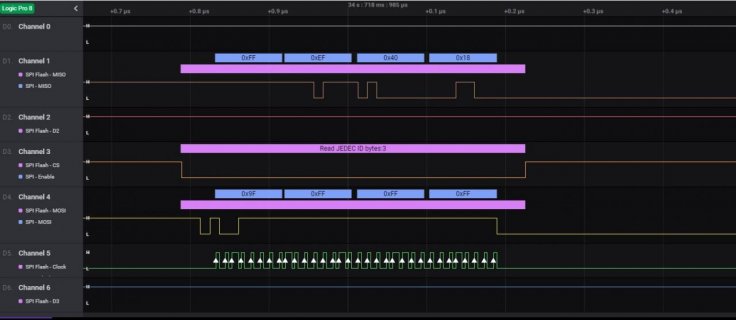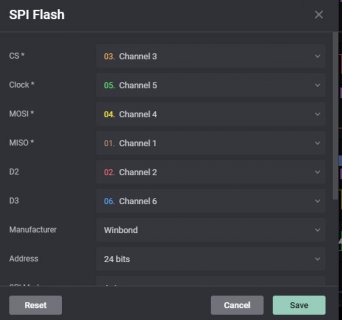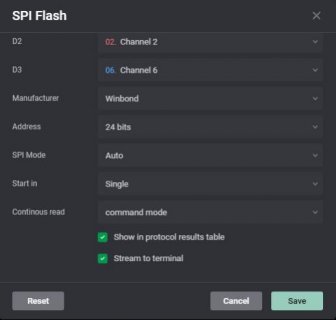mjs513
Senior Member+
So this one needs edited/added: {{0xAE, 0x83, 0x09}, 24, 64, 128, 262144, 250, 1200}, //ROHM MR45V200A 2 Mbit FeRAM Memory
Assuming it follows the same rules/commands as the 1Mb chip?
I don't see the JEDEC ID in the lapis-tech.com/.../feram/FEDR45V200A-01.pdf - that will show on first failure to use.
That chip is going to be interesting. Looking at the data sheet I don't see the command to read the ID.






